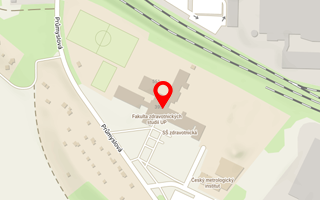Publication detail
Dysphagia after Laparoscopic Antireflux Surgery
Authors:
Šiller Jiří | Sákra Lukáš | Havlíček Karel
Year: 2006
Type of publication: článek ve sborníku
Name of source: Sborník 2nd AsianAmerica Multispecialty Summit of Laparoscopy and Minimally Invassive Surgery
Publisher name: SLS
Place: Hawai, USA
Page from-to: xx
